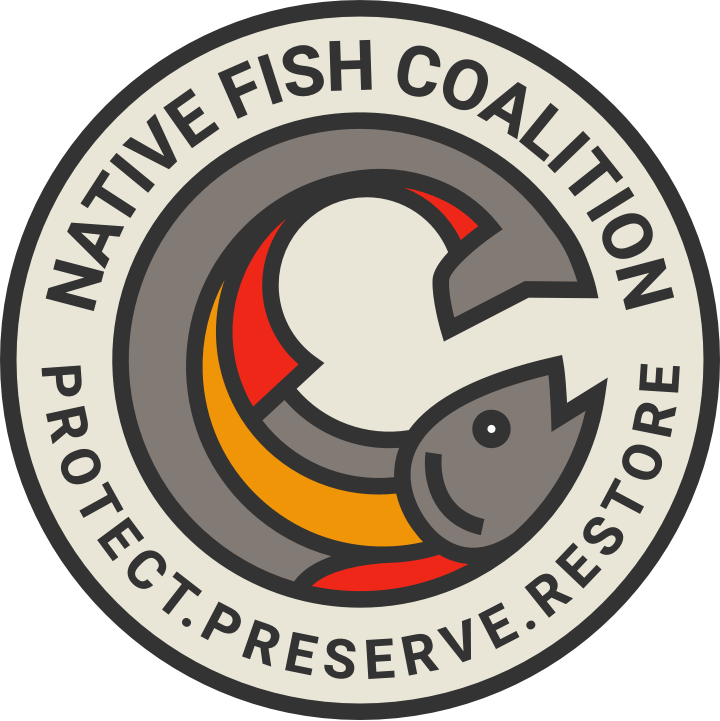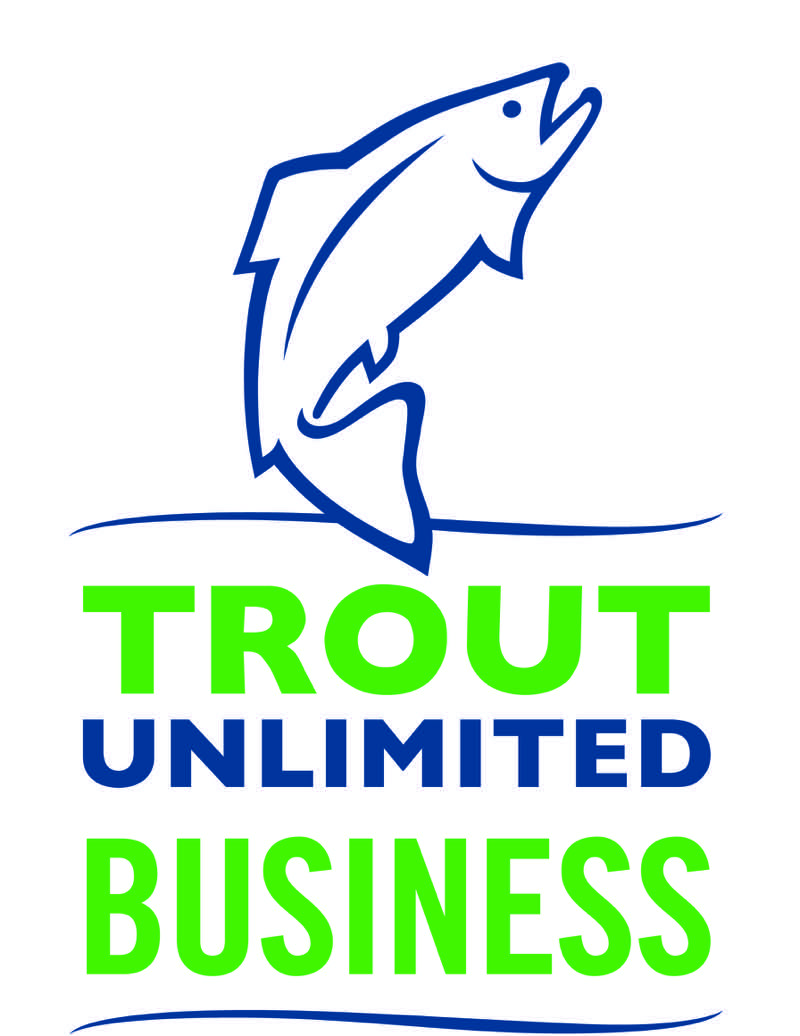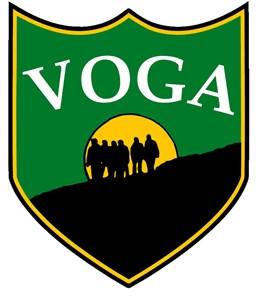Abstract:
This 15 hour experiential workshop is designed for trauma-informed mental health professionals who wish to use outdoor settings for their work. It endorses the idea that working in nature can help to enhance, deepen, and provide additional areas of creativity to a professional’s own practice, positively impacting client engagement and treatment progress while decreasing risk of burnout for the professional.
Through a polyvagal lens, participants will learn and practice nature-based mindfulness activities and polyvagal exercises, adventure-based counseling theory, use of attachment-focused metaphor & Ego State Therapy while engaging with personal creativity as it relates to being in outdoor settings. Participants will learn the importance of fun while exploring scientific ideas related to nervous system regulation in nature. They will engage in individual, group, and didactic experiences to gain confidence and understand characteristics of using available natural settings to enhance and facilitate integrative trauma-informed psychotherapy. Participants will begin to develop a plan for how to integrate a nature-based trauma-informed approach into their own practice setting, and will leave this training with a number of nature-based activities to use immediately upon returning to their practice.
Upon completion of this workshop, EMDR Trained mental health professionals will also have met the basic requirements to advance into more specific training for Therapeutic Fly-fishing with EMDR (TF-EMDR)®.
Learning Objectives:
Understand how nature-based activities can aid in grounding to support effective coping as well as preparation and maintaining a safe setting for trauma reprocessing.
Develop a polyvagal perspective for how natural settings can promote effective nervous system regulation.
Develop a basic understanding of Adventure Based Counseling and Eco-therapy principles and their potential use in trauma-informed psychotherapy.
Understand how the use of “fun” engages the autonomic nervous system and can support resourcing, connection, and impact the potential integration of adaptive information.
Understand how spontaneity and creativity aid in developing relevant and engaging client-focused interventions.
Learn 12 nature-based attachment- and nervous system-focused activities to assist with grounding and stabilization in support of trauma-informed therapy.



